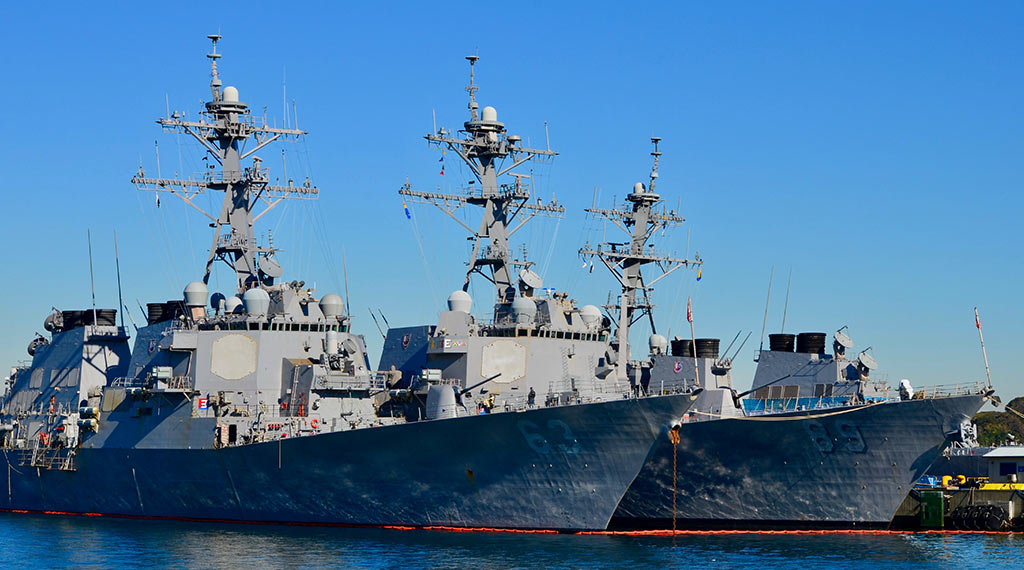Japan’s new role in cross-strait security

Editor’s Note: This piece by Matthew Fulco features quotes from CSP Senior Fellow Grant Newsham.
Tokyo could play a decisive role in deterring or defeating a Chinese attack on Taiwan, but questions remain about its potential involvement.
China’s increasing aggression toward Taiwan has alarmed Japanese policymakers and prompted a rethink in Tokyo about Japan’s approach to cross-Strait security. Though constrained in some regards by its pacifist constitution, Japan is taking steps to prepare for a worst-case scenario conflict across the Taiwan Strait.
To be sure, there is a long history of troubled relations between Japan and China. In more recent times, since the early 2010s China has repeatedly violated Japanese airspace and territorial waters in a bid to exert de facto administration over the Japan-controlled East China Sea islands, known as the Senkakus in Japan, Diaoyu in China, and Diaoyutai in Taiwan.
…
Grant Newsham, a former U.S. Marine attaché to the U.S. Embassy in Tokyo, agrees Japan could tilt the balance of a cross-Strait conflict. “A capable, competent JSDF (Japan Self-Defense Forces) that’s ready and able to fight, and fight alongside the Yankees, is a huge force multiplier,” he says. “It would cause the PLA no end of trouble – if linked to U.S. forces and operating with them.”
“Of course, if Japan does decide to fight, it can expect to get hit by the Chinese,” he adds.
Political bottlenecks
Newsham notes that Japan’s political leadership remains cautious about the prospect of intervening in a cross-Strait conflict on Taiwan’s behalf. Those opposed often argue that Article 9 of the Japanese Constitution would restrict Tokyo from taking a combat role.
“Japanese politicians and officials and most citizens know how important Taiwan is to Japan,” Newsham says. “But that hasn’t translated into deepened ties with Taiwan, and certainly not on the military front. The Japanese are still debating about whether it’s even legal to help the Americans if they defend Taiwan.”
- US needs to integrate its allies and partners in Indo Pacific: Newsham - April 15, 2024
- Japan: Not well-prepared to work with a joint command - April 11, 2024
- NATO isn’t defending Guam, but others are - April 11, 2024
